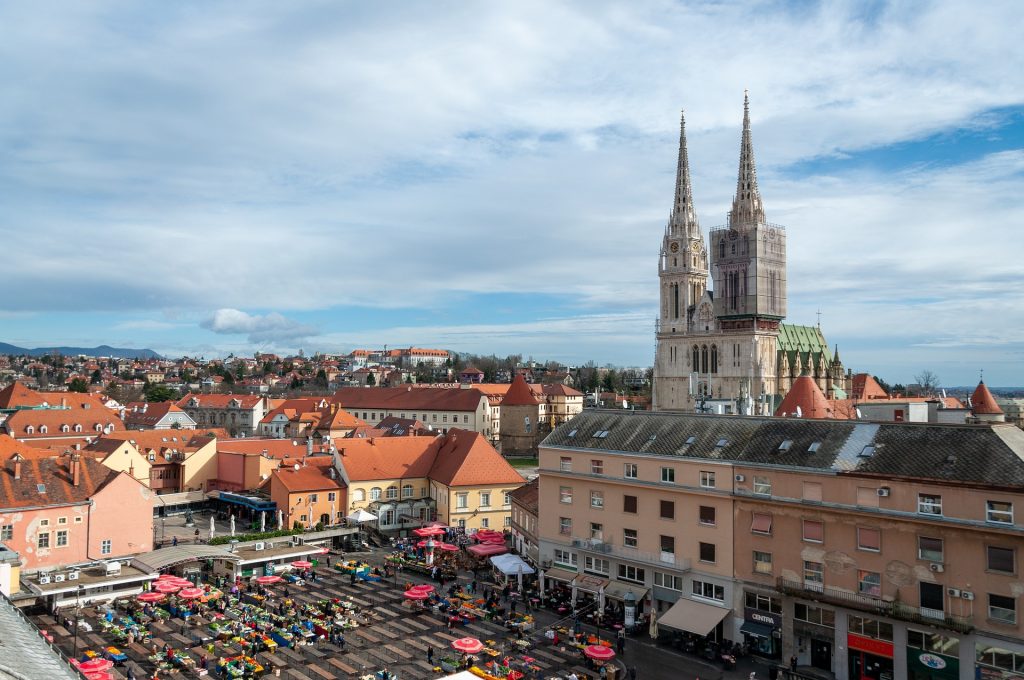November the 19th, 2024 – Poverty in Croatia continues to be a pressing issues regardless of political and economic steps forward having been made. One study claims that people feel less as if they’re in poverty in Croatia than in other EU Member States.
As Poslovni Dnevnik writes, almost a quarter of the population living in the European Union (24.1 percent) subjectively felt poor. In Croatia, this feeling was felt by 22 percent of people, according to the results of a survey for last year published by Eurostat on Monday.
The highest number of those who subjectively feel poor in the rest of the EU are those with lower education (28.9 percent). They are followed by those with secondary education (18.5 percent), while among those with higher education, that feeling reigns strong in 9.2 percent of people.
Here in Croatia, 22 percent of people with secondary education said they felt poor, about 45 percent of those with lower education said the same, and 10 percent among those with higher education agreed.
A higher percentage of those who feel poorer than in the overall sum here in Croatia was recorded in France (22.2 percent), Spain (22.5 percent), and Portugal (23.6 percent).
The highest percentage of people with a subjective feeling of poverty was recorded in nearby Greece (67 percent) and Bulgaria (33 percent). The lowest figure was recorded in the Netherlands (7.3 percent) and Finland (7.5 percent).
The subjective feeling of poverty in Croatia and EU-wide is slightly higher among women (24.7 percent) than among men (23.5 percent).
In most EU countries, the number of those who subjectively feel poor is higher than the number of those at actual risk of poverty, according to the Eurostat classification. 19.3 percent of the population is at risk of poverty according to its definition here in Croatia, and at EU level, that sum stands at 16.2 percent.
Higher percentages of people who consider themselves subjectively poor have been observed in Eastern and Southern Europe, with significant differences between subjective poverty and at-risk-of-poverty rates.
In total, 17 EU countries recorded more people who consider themselves subjectively poor compared to genuine at-risk-of-poverty rates. Greece recorded the largest gap of all, with 67.0 percent of people who consider themselves subjectively poor compared to 18.9 percent of people who are at-risk-of-poverty, which is a difference of 48.1 percentage points.
Other countries with a noticeable gap are Slovakia (16.0 percentage points, Bulgaria (12.6), Cyprus (10.4) and Hungary (9.6).











